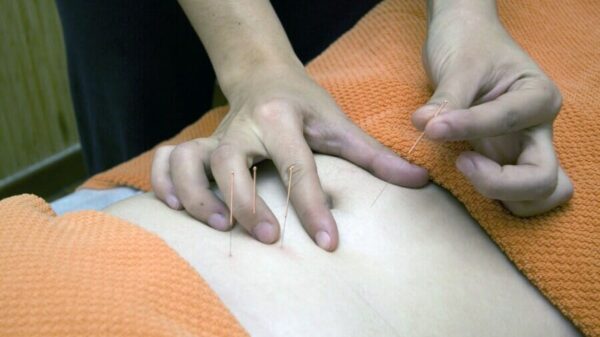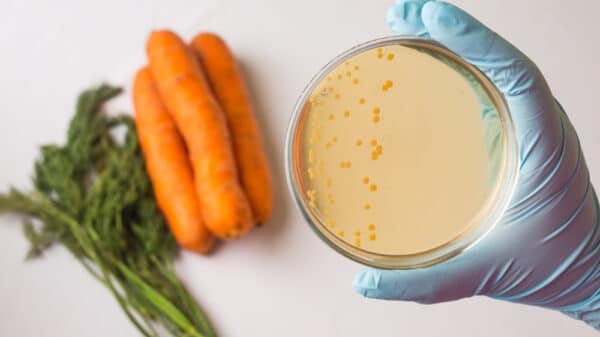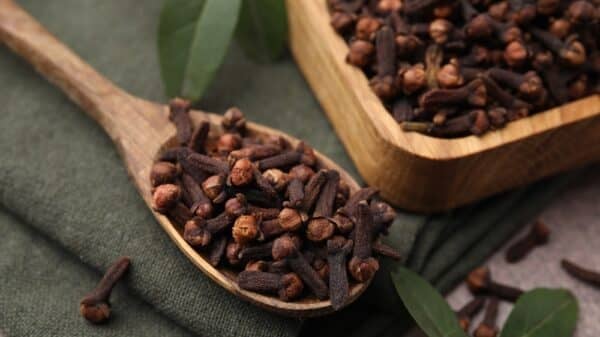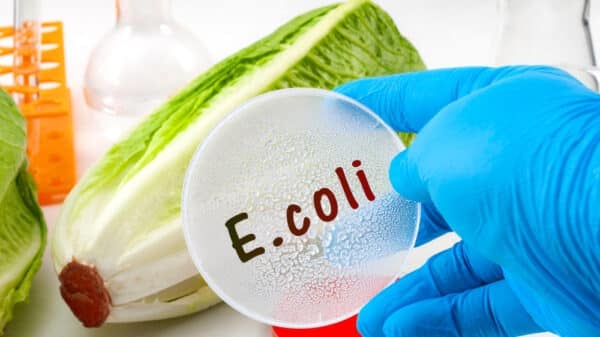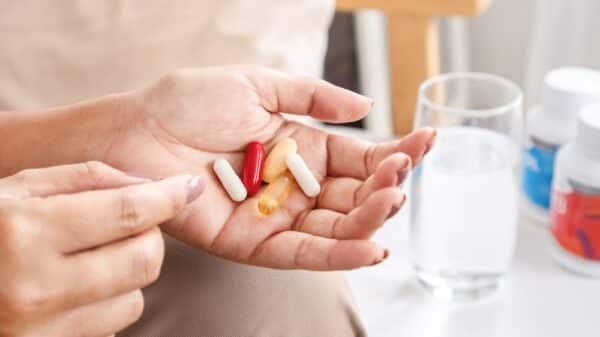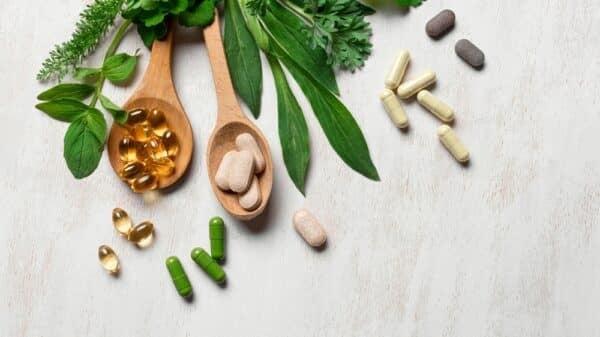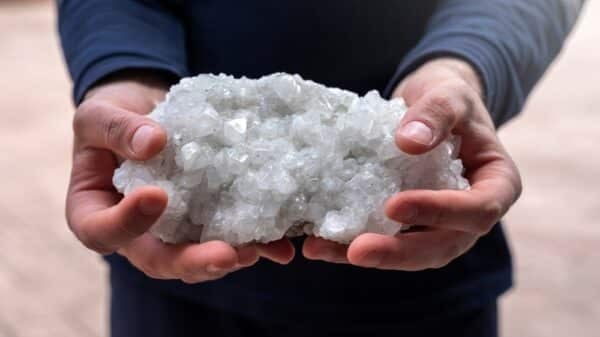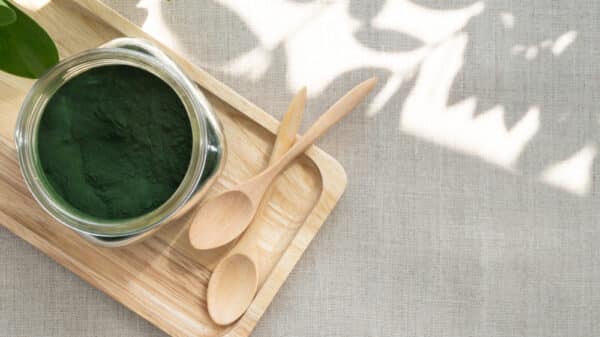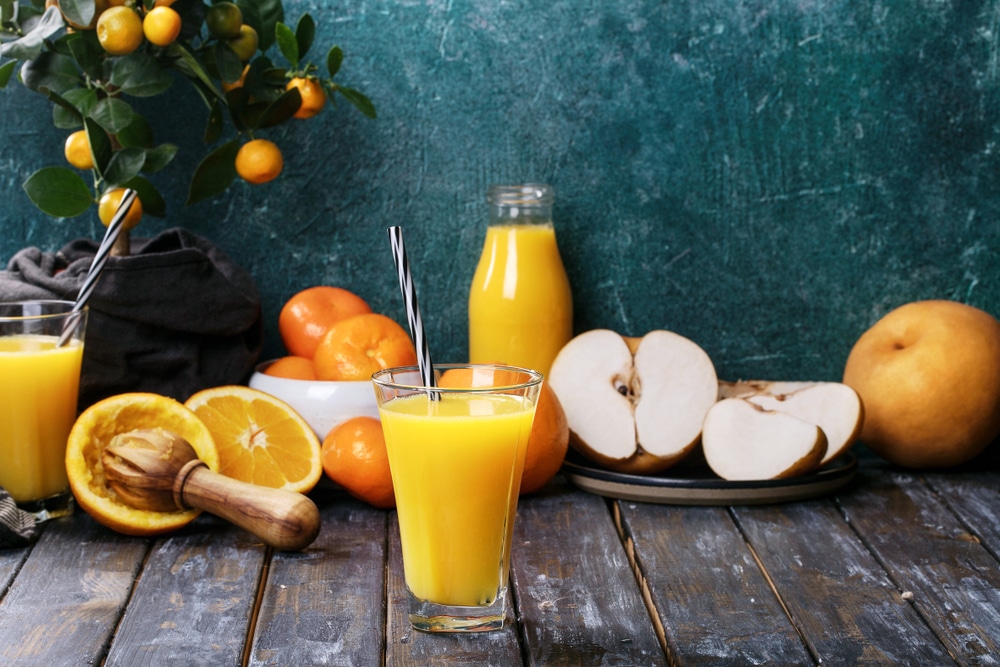As someone who used to dive headfirst into the nightlife, I know that feeling all too well—waking up the morning after a wild party, regretting every shot you took and clutching your head as if it’s about to explode. You might find yourself questioning all your life choices, wondering why you thought “just one more drink” was a good idea. It’s a familiar scene, and trust me, you’re not alone in that post-party remorse.
About a year ago, I decided to take a step back and embrace a sober-curious lifestyle. This choice means I now reserve the tequila sodas for special occasions, while my friends still dive into the weekend revelry. So when I heard that Korean pear juice might help ease the effects of hangovers, I was all in for a taste test—not just for me, but also to share with my friends who could use a little hangover relief.
Enter Brett, a 26-year-old whose vibrant social life often meets the consequences of hefty hangovers. He described his hangovers in terms that would make anyone wince: headaches so severe, they felt like Humpty Dumpty crashing to the ground. Intrigued by the potential of Korean pear juice, Brett was eager to join me on this journey, hoping that it might soften his hangover blows.
But before we delve into Brett’s experience, let’s take a moment to unpack what Korean pear juice really is and why it’s being touted as a potential hangover remedy.
Korean pear juice is made from a variety of pear known as Korean or Asian pears, which sport a firm, apple-like texture that many of us aren’t usually accustomed to seeing at our local grocery store. Unlike the thicker and often syrupy juices we’re familiar with from European or American pears, Korean pear juice is lighter and crisper. Registered Dietitian Lauren Manaker explains, “This unique texture results in a juice that is more hydrating and less acidic,” making it a refreshing alternative, especially during those hot summer days or after a workout. Brett described it as being reminiscent of a fruity sports drink—definitely a vibe for post-sweaty cardio rather than for diving into a bar.
However, it’s worth noting that while Korean pear juice offers hydration, it lacks critical electrolytes. According to Claire Rifkin, a New York City-based women’s health dietitian, “Pear juice provides hydration but is deficient in important electrolytes like sodium and potassium, which can be significantly depleted after a night of drinking.” Being properly hydrated is crucial since dehydration can cause those dreadful hangover symptoms, such as intense headaches and dizziness.
Now, let’s touch on the science that’s generating this buzz around Korean pear juice and hangover prevention. The connection stems from a very limited study involving just 14 young men who downed either Korean pear juice or a placebo before consuming alcohol. The results suggested that those who drank the pear juice experienced milder hangover effects, particularly if they had certain genetic factors. Furthermore, it appeared to help lower blood alcohol content. Researchers pointed to natural enzymes and antioxidants in the juice that are believed to aid in metabolizing alcohol.
In conjunction with that small human study, some limited research on rats has shown that Korean pear juice could enhance an enzyme known as alcohol dehydrogenase (ADH), which helps break down alcohol. You might think, based on these findings, that downing a glass of Korean pear juice before a night out could help prevent a hangover. But hold on! It’s essential to approach these findings with caution, much like you would with a dubious party invitation.
So, after all this buildup about the potential benefits of Korean pear juice, it’s time to hear from the brave participant—our friend Brett. He kept us updated as the weekend approached, but by the time Sunday rolled around, he messaged our group chat with an exasperated, “I think I might be in hell.” Spoiler alert: Brett’s experiment with Korean pear juice didn’t quite pan out.
Despite trying the juice several times before heading out, using the brand Bae Juice, which recommended knocking it back before taking that first sip of alcohol, it simply didn’t do the trick. After indulging in a few rounds of beer, seltzers, and a couple of Irish car bombs, Brett was still left to face the music the next day, suffering from that all-too-familiar cocktail of hangover symptoms—headache, fatigue, nausea, and even vomiting. No magic potion here!
In the end, while the idea of using Korean pear juice as a remedy for hangovers might sound appealing, it seems that the science isn’t quite there yet, at least not for Brett. So, my friends, tread wisely. Whether you’re exploring new drink alternatives or seeking the “ultimate” hangover cure, the best advice might still just be to drink responsibly in the first place and embrace the beauty of moderation.










